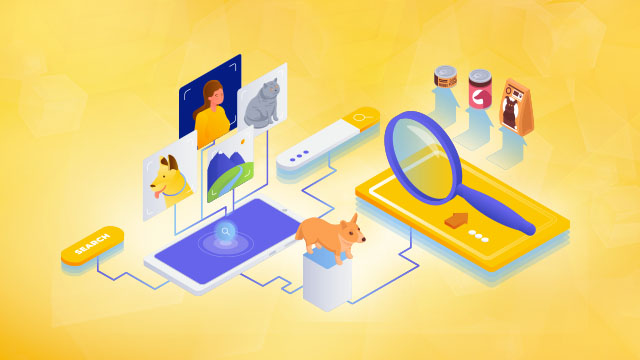Microsoft Azure basics - a beginner's guide

Today, with cloud technology becoming a key part of digital transformation, platforms such as Microsoft Azure play a fundamental role in the IT ecosystem. Microsoft Azure is a rich collection of integrated cloud services that enable applications to be built, deployed, and managed through Microsoft's global network of data centers. This article will look at the basics of Microsoft Azure to help you understand how to use this platform in your work or business.
The basics. What is Microsoft Azure?
Microsoft Azure is a comprehensive cloud platform offering over 200 services, including cloud computing, storage, analytics, networking, mobility, developer tools, security, and more. This allows users to easily scale resources as needed, resulting in greater flexibility and cost savings than traditional data centers.
How does Microsoft Azure work?
Azure is based on a cloud computing model that allows users to access computing resources and store data in Microsoft data centers worldwide. Users can manage Azure services using a web portal, PowerShell, REST APIs, or command-line clients, allowing for easy deployment and configuration of resources.
Key Azure services
Cloud computing
- Virtual Machines (VMs): Allow applications to run on virtual servers running the operating system of your choice.
- Azure Kubernetes Service (AKS): A container management service that makes deploying, scaling, and managing containerized applications easy.
Data storage
- Azure Blob Storage: An optimal solution for storing large amounts of unstructured data, such as videos, images, or documents.
- Azure SQL Database: A fully managed relational database for scalability, high availability, and security.
Networks
- Virtual Network: Enables the creation of isolated cloud networks for securely connecting Azure resources.
- Azure DNS: Manage the domain name system (DNS) in the cloud.
Analytics
- Azure HDInsight: Big data service supporting popular frameworks such as Hadoop, Spark, Hive and others.
- Azure Synapse Analytics: An integrated analytics environment that allows for real-time processing of large volumes of data.
Security
- Microsoft Entra Domain Services (formerly Azure AD): An identity and access management service that enables users to log in and access applications securely.
- Azure Firewall: Protects Azure resources from attacks by providing advanced network traffic filtering capabilities.
Benefits of using Azure
- Scalability: Ability to quickly adapt resources to changing business needs.
- Flexibility: A rich selection of services and technologies to build almost any application.
- Cost: Optimise spending with a payment model for actual resource usage.
- Security: Advanced security mechanisms and compliance with global data security standards.
How do I get started with Microsoft Azure?
The first step is to create an account on the Azure portal. Microsoft offers a free subscription to get started, including limited resources for the first year and access to more than 25 always-free services. Next, look at the documentation and educational resources on the Azure website to help you gain the necessary knowledge and skills.
Microsoft Azure basics - a summary
Microsoft Azure is a powerful tool for businesses and developers to build modern, scalable, secure cloud solutions. Whether you are a beginner or an experienced IT professional, Azure offers a wide range of services and capabilities that can contribute to the success of your project. As you begin your adventure with Azure, you will discover the potential and benefits of cloud technology step by step.



